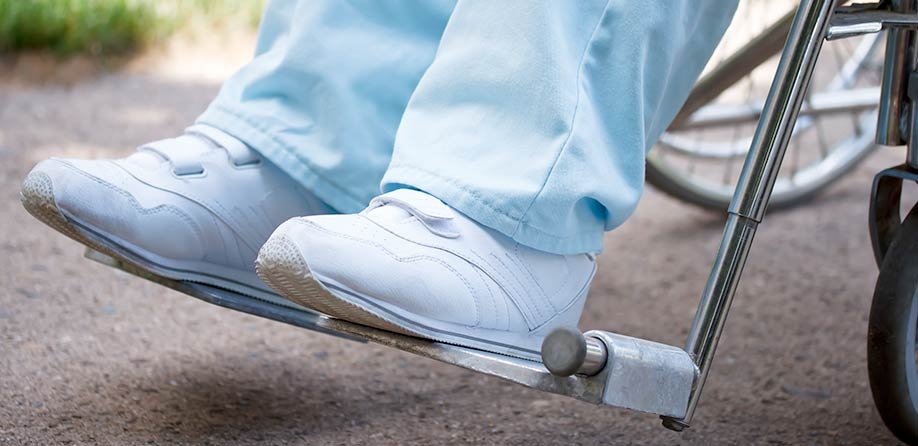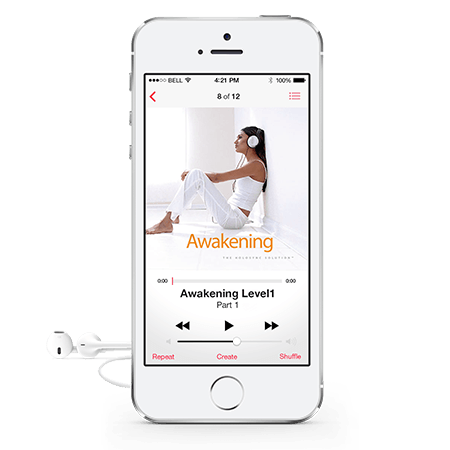
Daily Dose of Vitamin D Prevents Falls in Elderly
Seniors who take a daily dose of vitamin D may be significantly less likely to suffer from falls, according to a study conducted by researchers from the Center on Aging and Mobility at the University of Zurich, Switzerland, and published in the British Medical Journal.
“It’s important to avoid falls,” said researcher Heike A. Bischoff-Ferrari, “and 700 to 1000 IU of vitamin D per day is safe and inexpensive.”
Approximately one-third of all adults over the age of 64, and 50% of those over the age of 49, fall at least once per year. In 9% of these cases, a visit to the emergency room is required. In 6% of cases, a fracture results. Falls are often one of the primary events resulting in admission to a nursing home.
Researchers analyzed the results of eight different studies on a total of 2,400 people over the age of 64. All of the studies looked at whether vitamin D supplementation could reduce the risk of falls in the elderly.
The researchers found that at doses below 700 IU per day, there was no reduction in the risk of falls. Above this level, however, the risk of falls was reduced by as much as one in four.
“It takes 700 to 1000 international units (IU) of vitamin D per day and nothing less will work,” Bischoff-Ferrari said. “At the higher dose of 700 to 1000 IU vitamin D, the benefit on fall prevention is significant — at least 19% improvement on vitamin D2, and 26% improvement with vitamin D3.”
(Although vitamin D2 is the form more often found in supplements, the body absorbs vitamin D3 more effectively.)
Hippocrates Natural Vitamin D3 is available.




